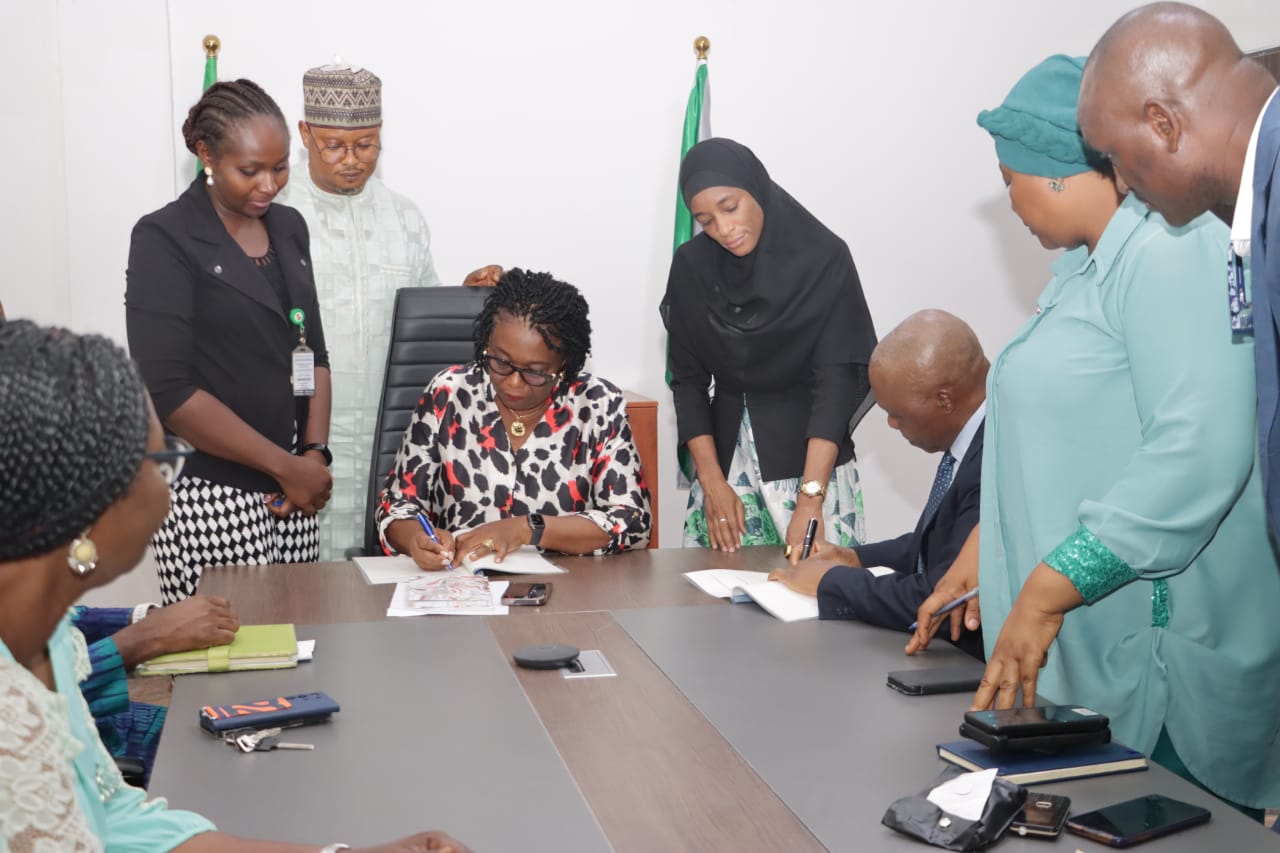Nigeria has, again called on the United Nations and the International Tax Community to forge an inclusive, equitable, fair and universally beneficial international tax system towards the attainment of the 2030 Sustainable Development Goals (SDGs).
Making the call on behalf of the country, Mr. Muhammad Nami, the Executive Chairman of the Federal Inland Revenue Service (FIRS) stated this while delivering Nigeria’s Statement at the Economic and Social Council (ECOSOC) Special Meeting on International Cooperation in Tax Matters, held on Friday, at the ECOSOC Chamber, United Nations Headquarters, New York.
Mr. Nami noted that the Nigerian delegation is concerned about the global minimum tax as put forward by the OECD – Inclusive Framework, because of its low rate and the way it was negotiated to benefit the home countries of multinationals.
“My delegation is concerned about the global minimum tax,” Mr. Nami noted, “because of its low rate and the way it was negotiated to benefit the home countries of multinationals, which are mostly in developed countries.”
Speaking further, the head of Nigeria’s apex tax authority urged the meeting to discuss how “a UN instrument on tax cooperation can both build on work that has already been done in a way that guarantees fairness and equity.”
He also said that Nigeria looks forward to views on “enforcement mechanisms for a binding multilateral tax convention, noting the challenges that developing and developed countries have experienced with investment treaty arbitration.”
Mr. Muhammad Nami, in the country’s statement pointed out that the capacity of countries to attain the 2030 Sustainable Development Goals were hinged on having the requisite funding “in delivering critical public services” towards these SDGs.
Nigeria, while calling for a global taxation regime under the United Nations, harped on the importance of enhancing domestic resource mobilization among member States to address their economic challenges.
“The promotion of inclusive International Tax Cooperation remains a critical subject in the attainment of the 2030 Sustainable Development Goals (SDGs).
“Today a global taxation regime under the UN is urgently needed to enable States effectively mobilize domestic revenues to address the multiple economic and other crises impacting our efforts in the achievement of the 2030 SDGs.
“Domestic public resource mobilization is critical to this effort because of its vital role in delivering critical public services and advancing even progress towards the sustainable development agenda.
“Developing countries are taking seriously the challenge of financing sustainable development. My delegation underscores the importance of enhancing domestic resource mobilization, good governance and investment in our common African goal embodied in the Agenda 2063, and in the global goals spelled out in the 2030 Agenda,” Mr. Nami stated.
He further commended African countries for strengthening their participation in international tax cooperation efforts, as well as the strides they have made “in closing loopholes and countering base erosion and profit shifting.”
He however expressed concerns that “while much good work has been done, much more remains to be made towards a fully inclusive process, both domestically and internationally and ensuring that all taxpayers are making their fair contributions.”
The United Nations Economic and Social Council (UN ECOSOC) Special Meeting on International Cooperation in Tax Matters is an annual meeting of ECOSOC members, senior representatives of national tax authorities, relevant international organizations, civil society and academia that discusses issues of taxation as it affects the globe. Members, during this meeting, deliver action-oriented exchanges and design best-practices on international tax issues.
This year’s meeting provided a forum for member states, members of the UN Tax Committee, international organizations and other stakeholders to discuss on the promotion of inclusive and effective international tax cooperation at the United Nations.
Johannes Oluwatobi Wojuola
Special Assistant to the Executive Chairman, FIRS
(Media & Communication)
April 2, 2023
Photo: Muhammad Nami, Executive Chairman FIRS, at the 2023 ECOSOC Special Meeting on International Cooperation in Tax Matters at the United Nations Headquarters, New York, United States (March 31st, 2023).











